Website or page loading speed is important when ranking a webpage. If your page takes ages to load or the loading speed is very slow, people will leave the site by clicking the back button or closing the browser altogether. Knowing how to make your website or pages load faster will indirectly help drive more visitors and leads to your business. The fact is nobody likes a slow webpage. So does Google. Google has mentioned that website speed is one of the signals used by the Google Algorithm to rank web pages.
Why does Google hate slow webpage?
First things first, nobody likes to wait long. Imagine waiting for 20 minutes, 30 minutes, and even an hour for the arrival of the next train, bus, or cab. That could be one of the irritating experiences some of us have been going through. Or if you can’t relate to that as you didn’t take public transport, how about a slow computer that took 3 minutes to boot up?
I hope you get the idea.
Google takes the loading speed seriously as they know user experience is king. People don’t like to wait.
Imagine you go to Google and search for a plumber in San Francisco. You clicked on the first result in the listing (called Serch Engine Result Pages or SERPs), but it took 1 minute to load the site. That’s disastrous. Firstly, you will get frustrated and click the back button; secondly, if the second and third results also took ages to load the website, you will get even more frustrated.
You will hate using Google and perhaps stop using it! That’s the reason why Google takes user experience very highly. They want every user happy and will use it again.
Now knowing why Google hates slow-loading web pages, next, let’s see how to know if you web page loading speed is acceptable.
How to check or measure your website loading speed?
If it took you very long to load a page, that’s noticeable, and clearly, the webpage needs to optimize. However, in some scenarios, the slowness of page loading is not noticeable. In that case, you have to use PageSpeed Insights or GT Metrix to get more accurate results.

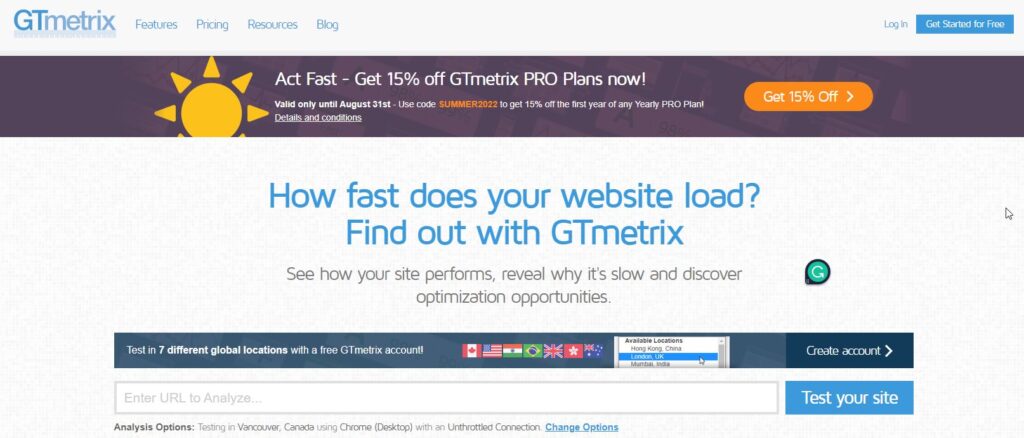
GTMetrix and PageSpeed Insights will give you a performance score or grade and the area in which you can improve. The results from the above tools may not be 100% accurate, but they give you an indication and idea of your webpage loading performance.
How to optimize your webpage (to improve its speed)
Optimize your images
Images or graphics are one of the culprits in slowing down the website loading. Before uploading the images to your web host or platform, kindly check the image size. You can do so by right-clicking on the image and selecting Properties, or in File Explorer, select the image, and the size will be displayed on the right panel of the window. Depending on the dimension of the image, the size varies. Ideally, anything below 100KB is good. For a bigger dimension image, the size could probably few hundred KB or even 1MB. As a general rule of thumb, anything above 500MB is huge, and you want to optimize it.
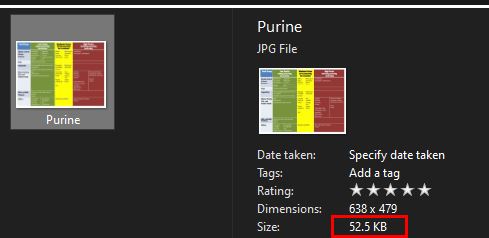
Use .webp or .jpeg format whenever possible as those formats come with smaller file size, compared to .gif, .png, .tif.
Use the tools such as Tinypng to reduce your image size.
Good quality web hosting
There are many web hosting providers in the market. While some offer you ridiculously low prices, you should avoid that at all costs. Remember that most cheap hosting comes with a price. It has poor uptime, and some are even affected by malware. Cheap hosting will only harm your business, so don’t fall for unknown, not reputable, low-cost hosting.
How about one-time hosting? Never, ever purchase a one-time hosting. Remember that running and maintaining of server incur recurring costs. If someone offering you a lifetime hosting, there are 2 main possibilities:
- They offer you a low-performance, the unsecured slow server they probably found somewhere on the internet (that probably belongs to someone else)
- Or they already made you pay for something else, which already factors in the cost of running the server
Good web hosting should have great reviews and high scores on review sites like Capterra or Trustpilot. They should provide good customer support (live chat or email) whenever needed.
For the past 10 years, I have used web hosting companies from GreenGeeks, HostGator, Godaddy, NameCheap, BlueHost, and more than I remember. If you need affordable yet lightning-fast and good customer support, I recommend HostArmada.
Despite not doing many optimizations, my website gets excellent scores from PageSpeed Insights and GTMetrix.
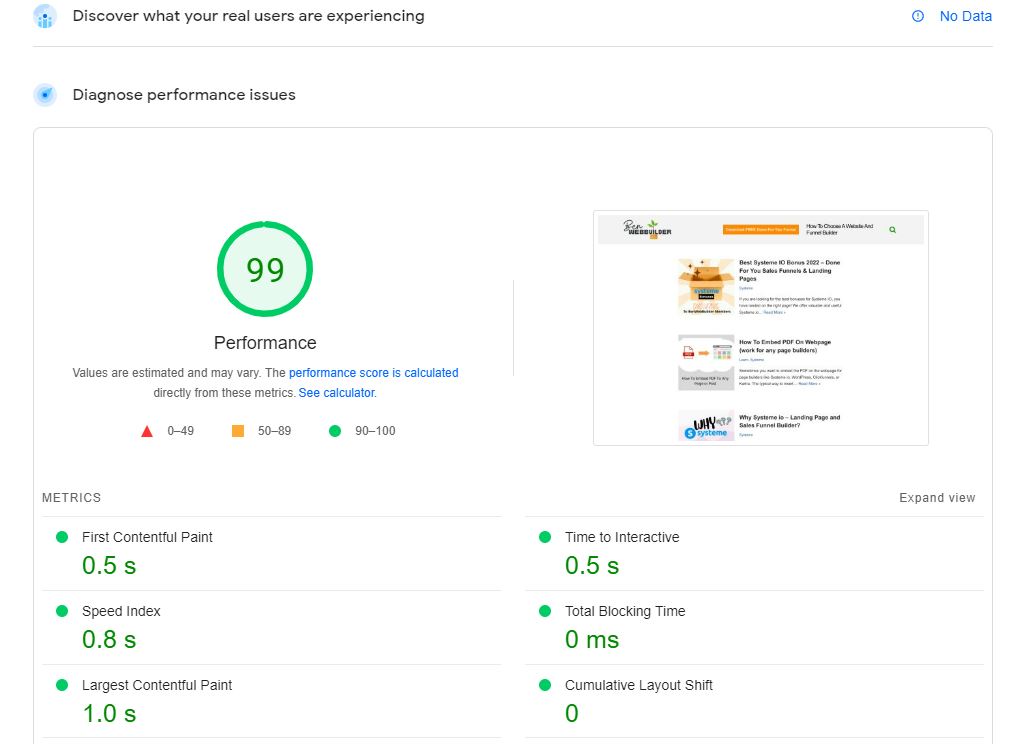
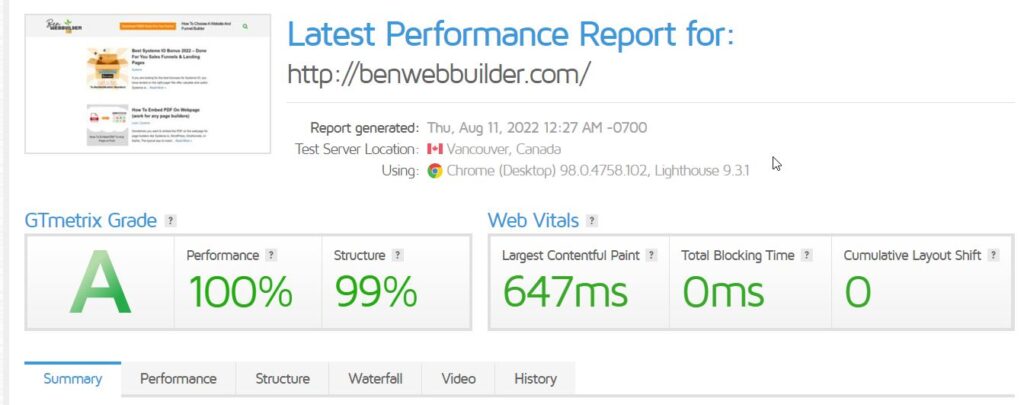
If you are using SaaS hosted platform, most of them are using Amazon or Google Cloud servers. So that takes care of the hosting part.
CDN (Web pages caching)
The copies of your website files are stored on servers in different locations worldwide. So when a visitor visits your website, instead of generating and sending fresh webpage files from the origin server to serve the visitor’s web browser, the server uses the existing cache in the nearest CDN servers, significantly minimizing the work and time needed. Most platforms such as Systeme io use established cloud servers with the Content Delivery Networks (CDNs) built in.
If you’re using WordPress, in addition to CDN, you can use caching plugins such as WP Rocket or W3 Total Cache. These caching plugins create a cache of your page files and store them in a dedicated cache folder on the server to make pages retrieve and load faster.
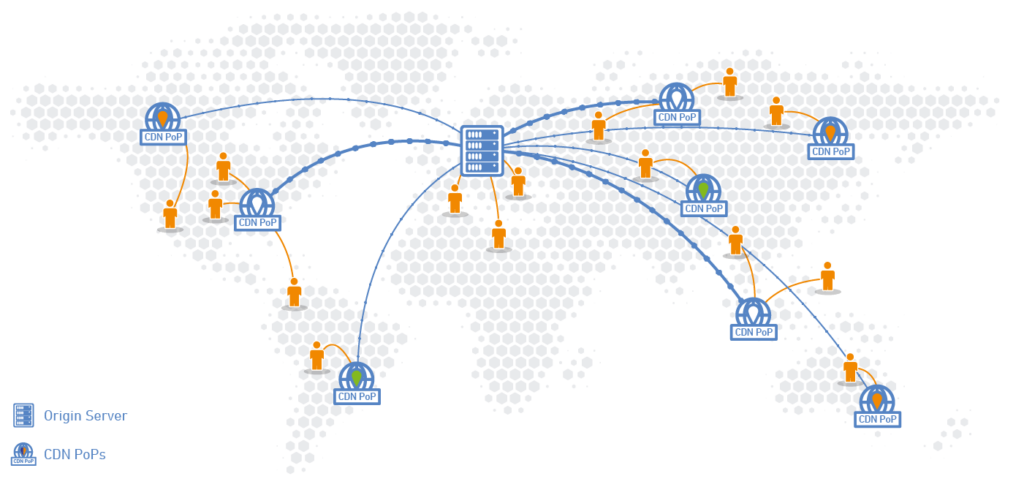
Minimize the use of scripts or embeds
JavaScripts such as the one used for pop-ups and other functions are popular. Likewise, the form or page embed should be minimized or avoided if possible, as it takes longer to communicate with another 3rd party server to complete the request.

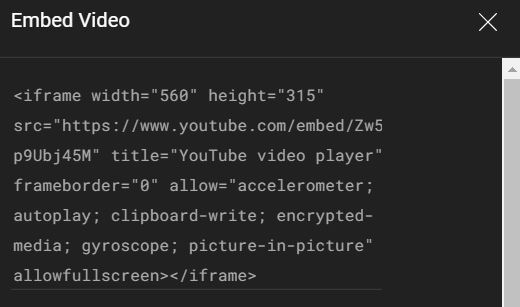
Site Plugins
This applies mainly to self-hosted solutions such as WordPress.
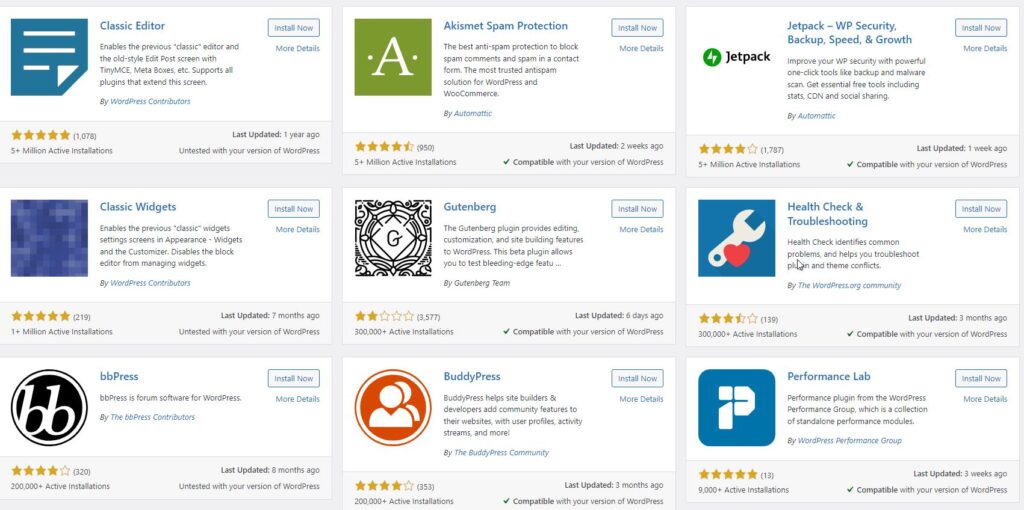
Only install the relevant plugins that you need to use. Do not install all the plugins you find under the sun just because you think you may need to use them later. Plugins can slow down your website and open up to vulnerability when you did not patch the latest update released by the developer.
It is worth noting that certain simple tasks can be accomplished without using the Plugin; if that’s the case, doing it manually within WordPress without installing another plugin.